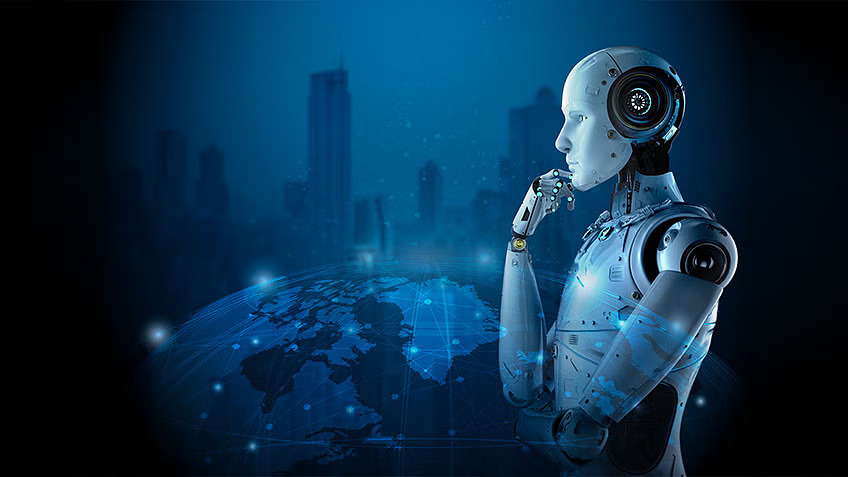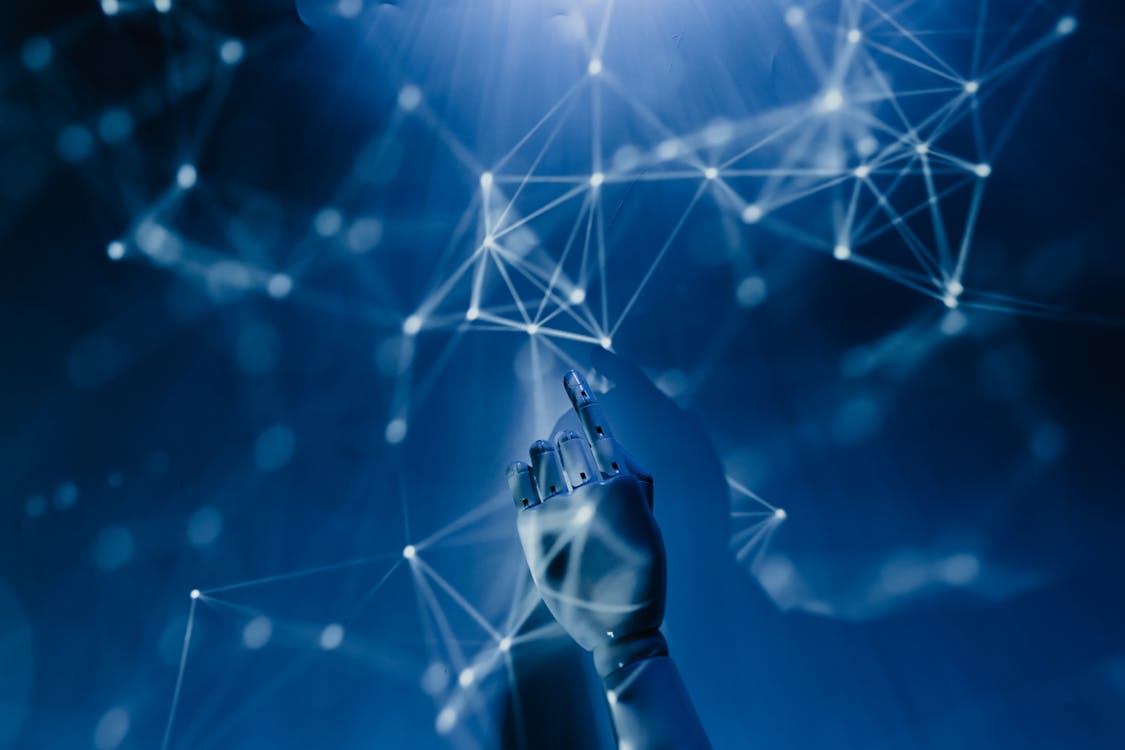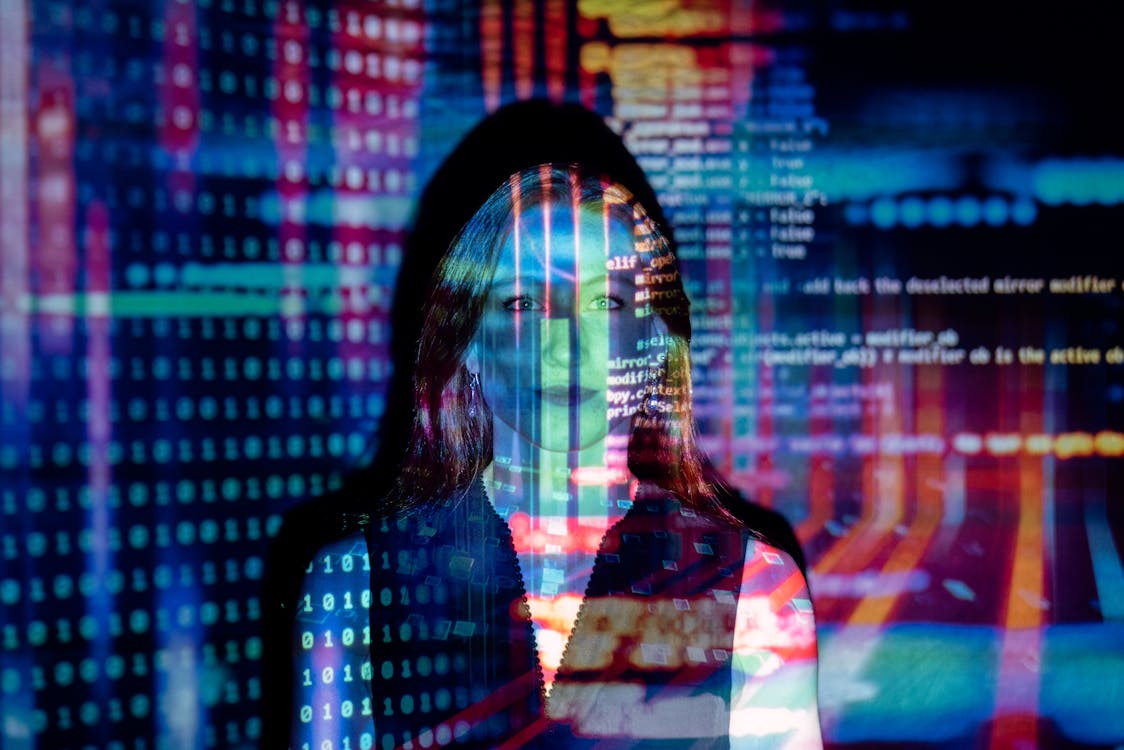Artificial Intelligence: Neither Good nor Evil, but a Reflection of Human Intentions

Artificial Intelligence (AI) has become an integral part of our lives, permeating various sectors from healthcare and finance to entertainment and transportation. As AI continues to advance, debates surrounding its ethical implications, societal impact, and potential for good or harm have intensified. However, it's essential to recognize that AI itself is neither inherently good nor evil; rather, its ethical implications are shaped by human intentions, actions, and societal structures.
At its core, AI refers to the simulation of human intelligence processes by machines, including learning, reasoning, and problem-solving. While AI systems can perform tasks with incredible speed and accuracy, they lack the consciousness, morality, and subjective experiences that define human decision-making. Therefore, attributing moral agency to AI itself is misguided; instead, the responsibility lies with the individuals and organizations that design, develop, and deploy AI systems.

One common misconception is that AI is inherently biased or discriminatory. While it's true that AI systems can inherit biases from the data used to train them or the algorithms guiding their decisions, these biases are not inherent to AI itself. Rather, they reflect the biases present in society, including historical inequalities, systemic prejudices, and cultural stereotypes. Addressing algorithmic bias requires a multifaceted approach, including diverse and representative data collection, transparent and accountable algorithmic design, and ongoing evaluation and mitigation of bias in AI systems.
Similarly, concerns about AI replacing human jobs or exacerbating income inequality are not inherent flaws of AI itself but rather consequences of economic and social structures. Automation and AI have the potential to streamline processes, increase efficiency, and create new opportunities for innovation and economic growth. However, without proactive measures to ensure inclusive economic development, reskilling and upskilling programs, and social safety nets for those affected by technological displacement, the benefits of AI may not be equitably distributed across society.

Furthermore, the ethical use of AI in areas such as surveillance, law enforcement, and warfare raises complex moral dilemmas. While AI technologies can enhance public safety, improve decision-making, and reduce human error, they also pose risks to privacy, civil liberties, and human rights. The deployment of facial recognition systems, predictive policing algorithms, and autonomous weapons systems requires careful consideration of ethical principles, legal frameworks, and democratic oversight to prevent abuse, discrimination, and unintended consequences.
However, AI also holds immense potential for addressing some of the most pressing challenges facing humanity, from climate change and healthcare to education and social justice. Machine learning algorithms can analyze vast amounts of data to identify patterns and insights that humans might overlook, leading to breakthroughs in medical diagnosis, drug discovery, and personalized treatment plans. Natural language processing (NLP) techniques enable chatbots and virtual assistants to provide personalized support, information, and services to individuals around the world. Additionally, AI-powered predictive modeling and simulation can help policymakers anticipate and mitigate the impacts of natural disasters, pandemics, and other global crises.

Ultimately, the ethical implications of AI depend not only on the technology itself but also on the intentions, values, and decisions of its creators and users. As AI continues to evolve, it's essential to prioritize ethical considerations, human-centered design principles, and multidisciplinary collaboration to ensure that AI serves the common good and reflects our shared values and aspirations. This requires ongoing dialogue, transparency, and accountability among policymakers, technologists, ethicists, and civil society stakeholders to navigate the complex challenges and opportunities of the AI era.
In conclusion, artificial intelligence is neither inherently good nor evil; it is a tool that reflects the intentions and actions of its creators and users. While AI presents both opportunities and risks, its ethical implications are contingent on the ethical frameworks, social norms, and regulatory mechanisms that govern its development and deployment. By fostering a culture of responsible innovation, ethical leadership, and inclusive decision-making, we can harness the transformative power of AI to create a more equitable, sustainable, and human-centered future for all.





